Google DeepMind has built a new video-game-playing agent called SIMA 2, which can navigate and solve problems in a wide range of 3D virtual worlds. The company claims this is a big step toward more general-purpose agents and better real-world robots. Google DeepMind first demoed SIMA, which stands for scalable instructable multiworld agent, last year. However, SIMA 2 has been built on top of Gemini, the firm's flagship large language model, giving the agent a huge boost in capability. Researchers claim that SIMA 2 can carry out a range of more complex tasks inside virtual worlds, figure out how to solve certain challenges by itself, and chat with its users. It can also improve itself by tackling harder tasks multiple times and learning through trial and error.
According to Joe Marino, a research scientist at Google DeepMind, games have been a driving force behind agent research for quite a while. Marino noted that even a simple action in a game, such as lighting a lantern, can involve multiple steps: "It's a really complex set of tasks you need to solve to progress." The ultimate aim is to develop next-generation agents that are able to follow instructions and carry out tasks in a variety of environments. Gemini, the large language model, provides SIMA 2 with the ability to understand and process complex instructions, allowing it to tackle more challenging tasks.
The use of Gemini in SIMA 2 marks a significant advancement in the field of artificial intelligence. By leveraging the capabilities of a large language model, researchers can create more sophisticated agents that can learn and adapt to new situations. This technology has the potential to be applied in a wide range of fields, from robotics to healthcare. However, experts caution that the development of more advanced AI agents also raises important questions about accountability and safety.
In related news, Google DeepMind has been working on a new game-based platform, where agents like SIMA 2 can be trained and tested. The platform, which includes Goat Simulator 3, allows researchers to create complex scenarios and challenges for the agents to solve. By using games as a testing ground, researchers can develop and refine their agents in a safe and controlled environment.
As research in AI continues to advance, experts predict that we will see significant breakthroughs in the coming years. The development of SIMA 2 and other advanced AI agents is a major step forward in this direction. However, it also highlights the need for ongoing research and development in areas such as ethics and safety. As the field of AI continues to evolve, it is likely that we will see more sophisticated agents that can learn and adapt to new situations.



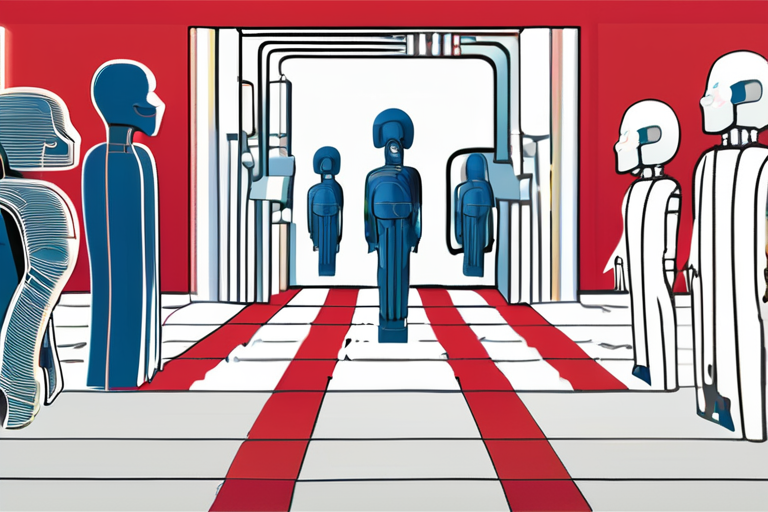
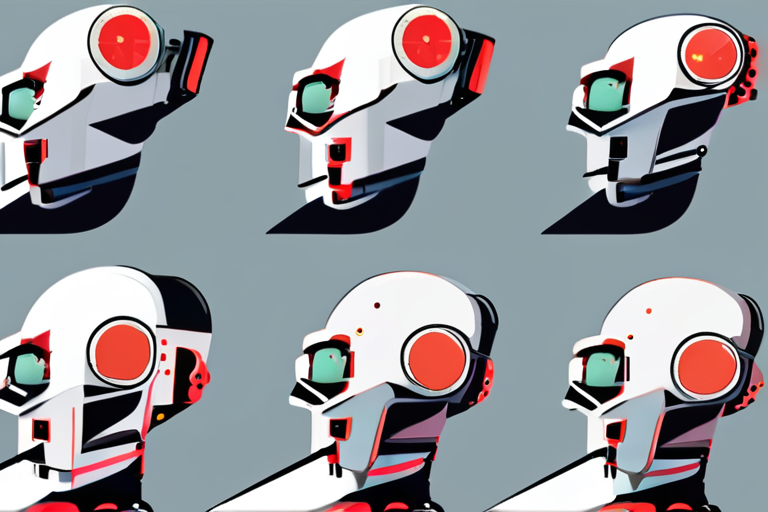
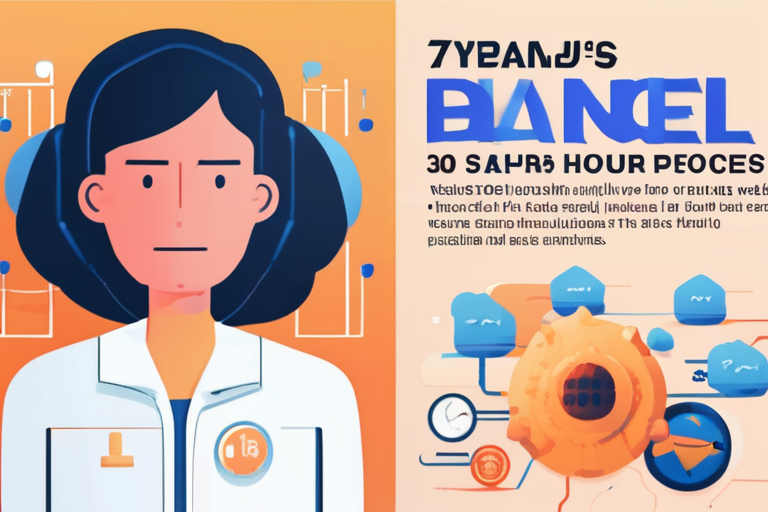
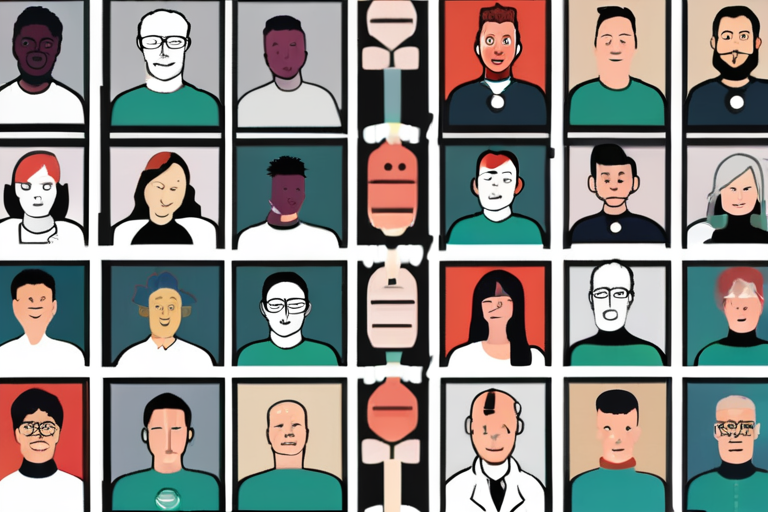


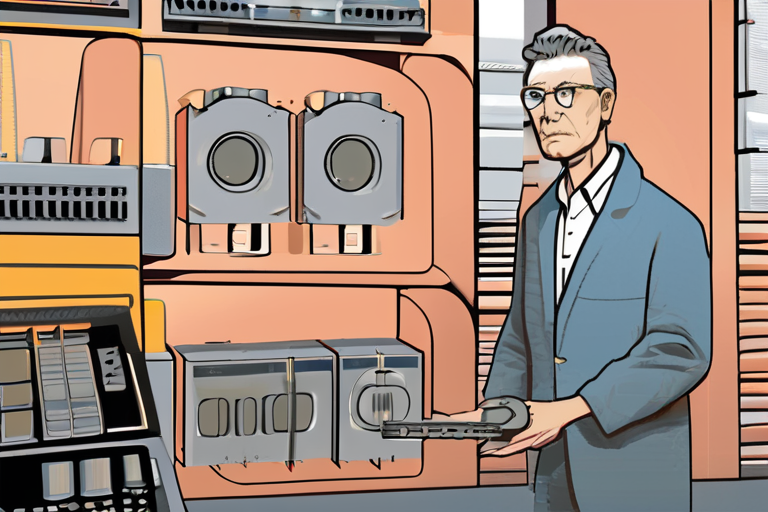
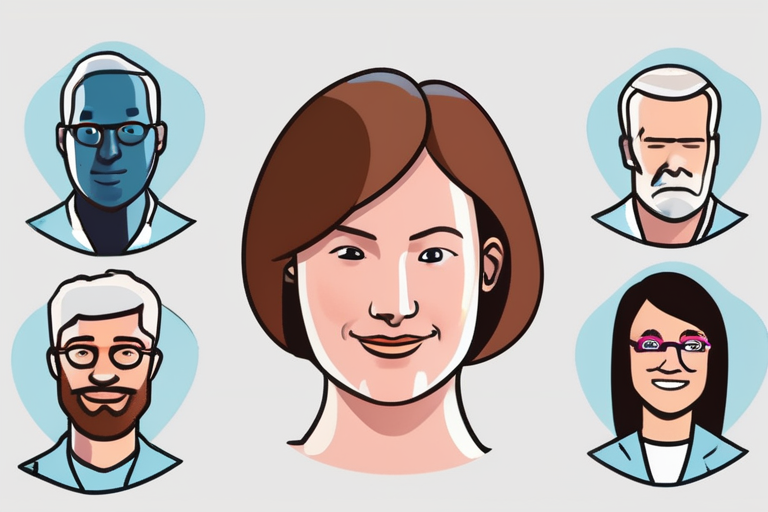
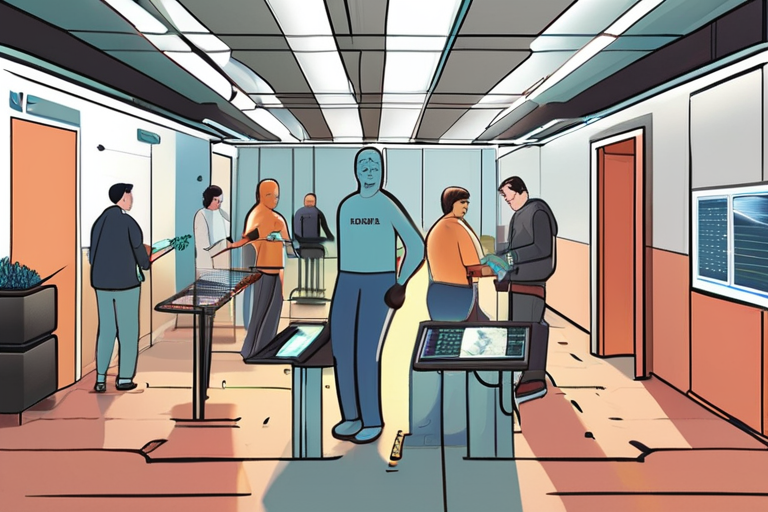
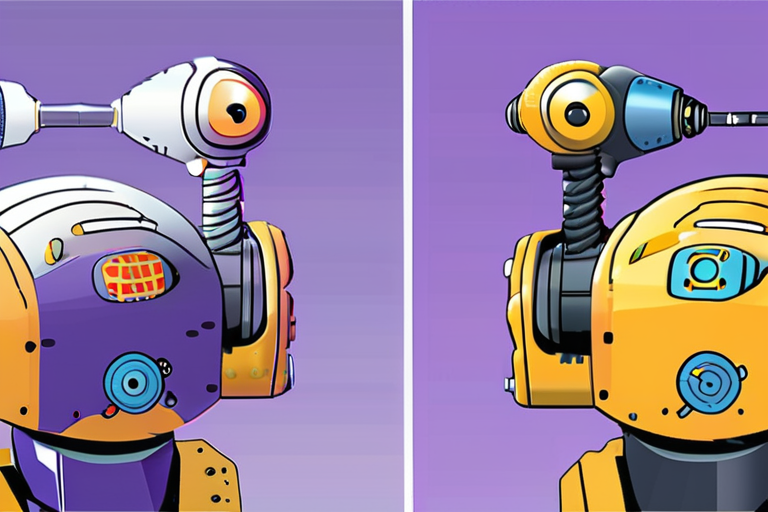
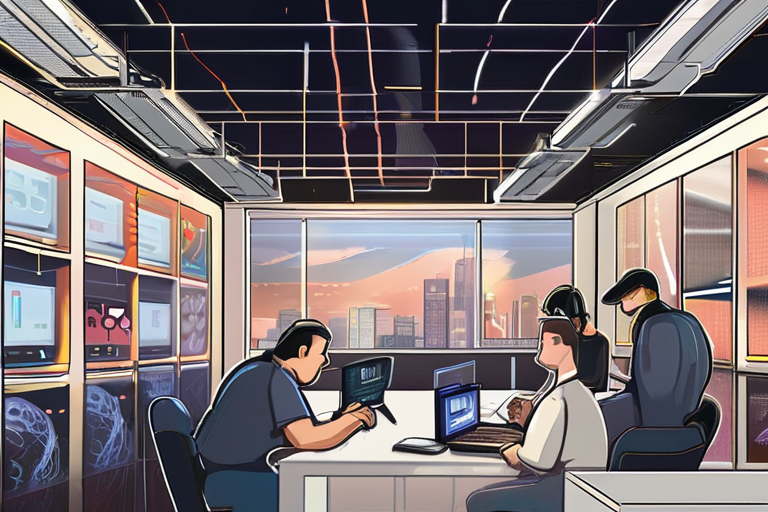


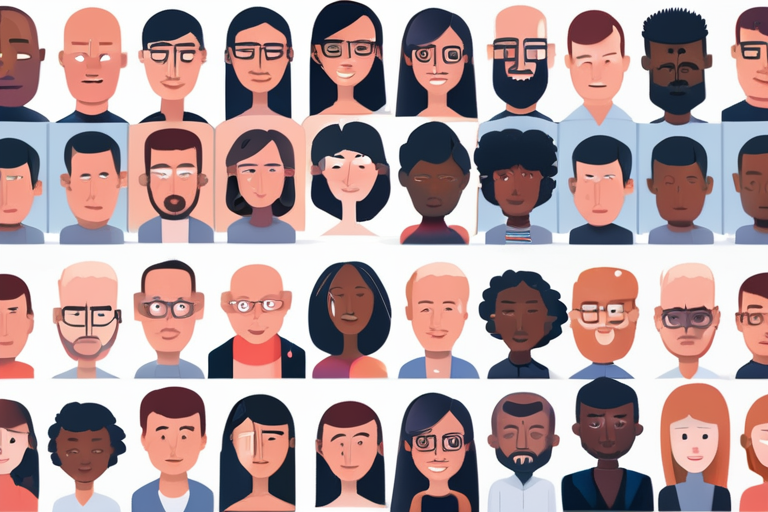
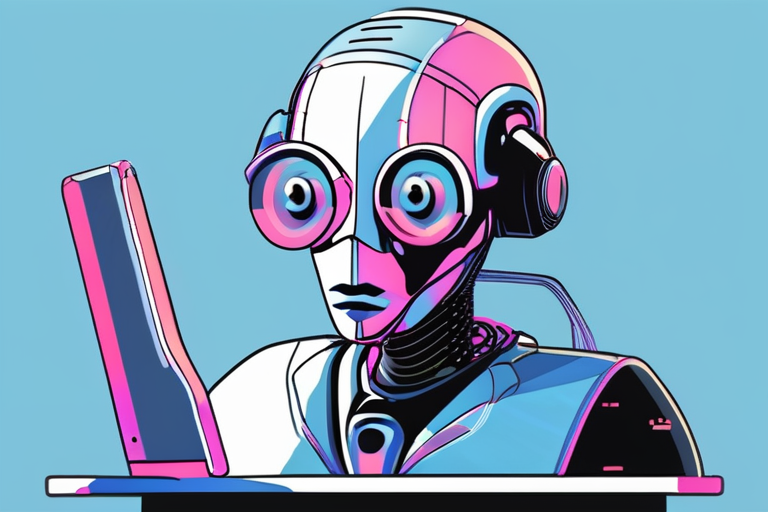
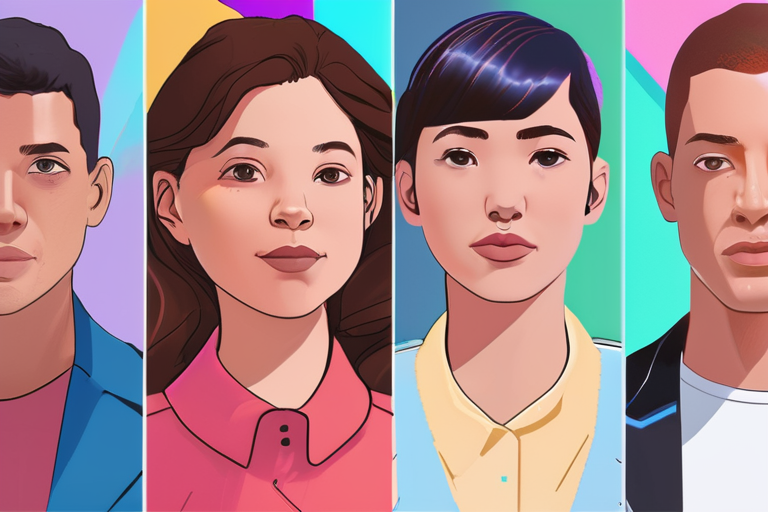



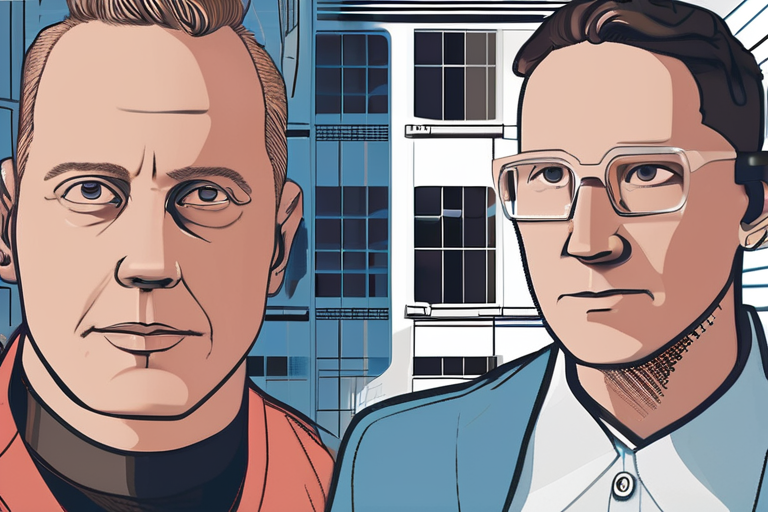


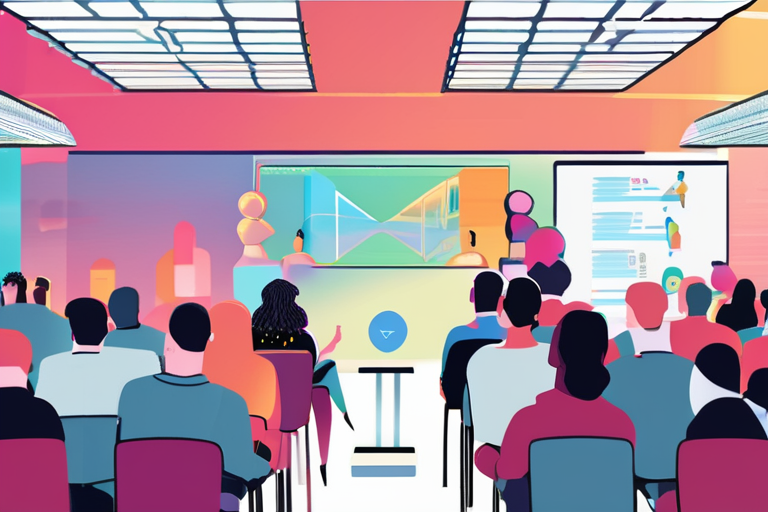

Share & Engage Share
Share this article